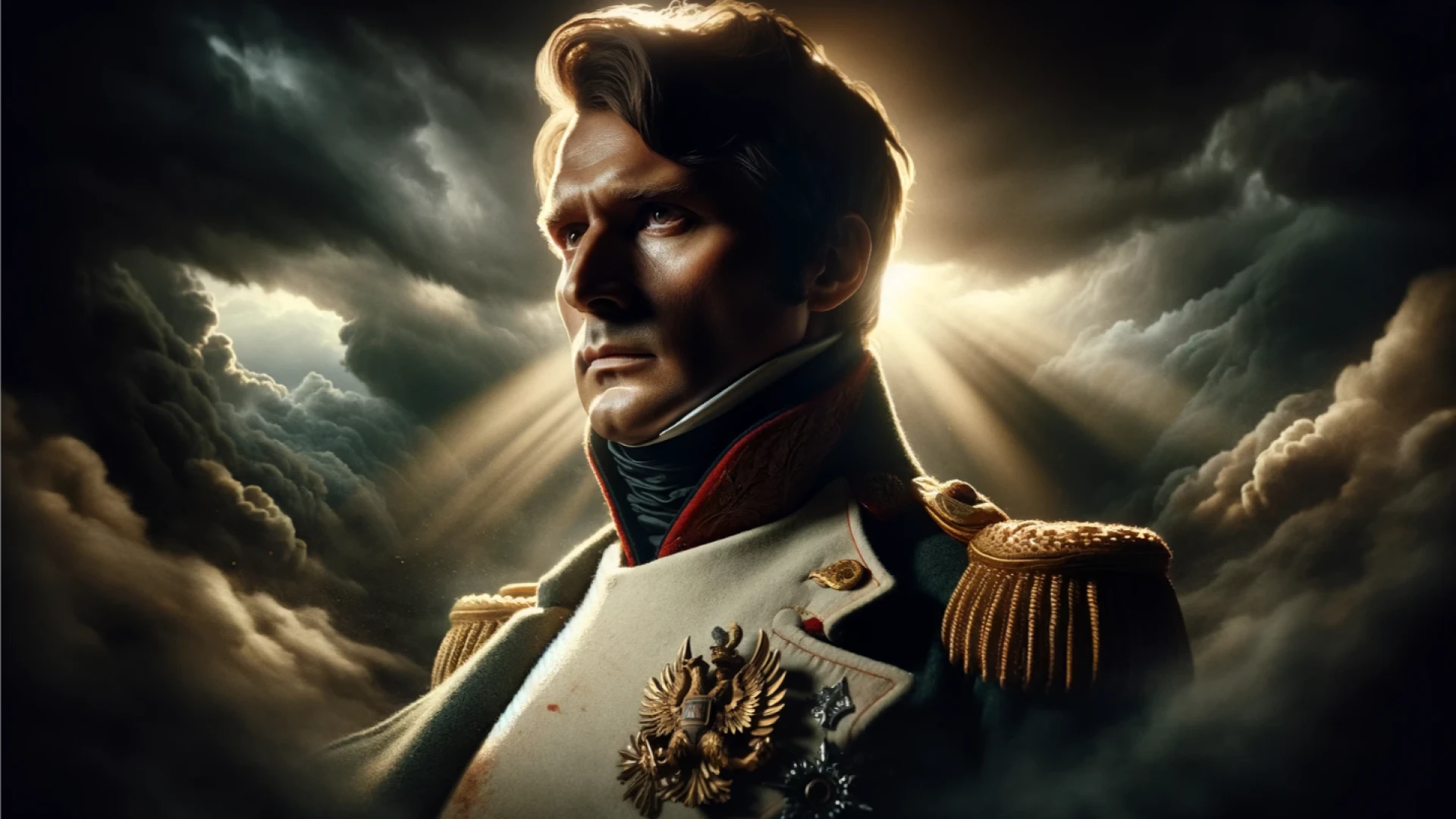
Friedrich Nietzsche had a complex and multifaceted view of Napoleon Bonaparte. Nietzsche often referred to Napoleon as an exemplary figure, embodying many of the qualities he admired. However, understanding Nietzsche's perspective on Napoleon requires delving into some of the key concepts of Nietzsche's philosophy. Let's explore this in more detail.
Nietzsche admired Napoleon, seeing him as an embodiment of the "will to power" and a creator of new values. He viewed Napoleon as a superior individual who transcended the moralities and conventions of his time.
Bonaparte, this synthesis of the inhuman and the superhuman...
When I try to find the highest formula for Shakespeare, I always find only this: that he conceived the type of Caesar. This type is not to be found in Caesar's own history. One guesses: it is the type of Napoleon. It is not written down. But perhaps this is what remains for mankind of the type 'Caesar,' the most human of all types—and at the same time superhuman, inhuman, anti-human; the whole antithetical character of nature under one hat
Beyond Good and Evil (1886): Nietzsche presents Napoleon as a model of the Übermensch, embodying qualities such as strength, individualism, and the will to power. He admires Napoleon for transcending traditional morality and creating his own values.
Thus Spoke Zarathustra (1883-1885): While not directly mentioning Napoleon, Nietzsche's ideas about the Übermensch in this work can be linked to his views on Napoleon. The characteristics of the Übermensch reflect qualities Nietzsche saw in Napoleon.
The Will to Power (posthumously published 1901): This collection of Nietzsche's notes and unpublished works includes reflections on historical figures like Napoleon. Nietzsche's admiration for Napoleon as a force of cultural and political change is evident.
Ecce Homo (1888): In this autobiographical work, Nietzsche compares himself to Napoleon, highlighting their shared qualities such as profound ambition and a deep impact on their respective fields.
Nietzsche's perspective on Napoleon Bonaparte is deeply intertwined with his philosophical ideals. He viewed Napoleon not just as a historical figure but as a manifestation of the principles he championed in his works.
Nietzsche saw in Napoleon an embodiment of the Übermensch. Napoleon rose from modest beginnings to become one of the most powerful figures in European history, primarily through his own efforts and will. He defied the established social and political order, creating new laws and institutions and reshaping the map of Europe. To Nietzsche, Napoleon represented the ideal of the individual exerting their will to create change, challenging and transforming the world around them according to their vision.
For Nietzsche, Napoleon was a symbol of vitality, strength, and the will to power in action. He admired how Napoleon stood against the 'herd mentality' and mediocrity, striving for greatness and excellence. This admiration was not merely for his military or political achievements but for the force of personality and conviction that Napoleon represented. Nietzsche saw in Napoleon a living counter-argument to the values of humility, meekness, and subservience that he critiqued in traditional morality.
Here, Nietzsche quotes Napoleon himself, as recorded in "The Will to Power." The quote reflects Napoleon's self-perception as a unique and world-altering figure, resonating with Nietzsche's idea of the Übermensch, who shapes the world according to his own vision. This perspective is integral to understanding Nietzsche's admiration for Napoleon as someone who embodied the will to power.
I am apart from everything that I see and that which has been before me, and I do not find that I am like any who exist or have existed; but to what destiny the Creator has destined me, time will easily show. O my father, must I then be the arbiter of the world?
Friedrich Nietzsche, quoting Napoleon Bonaparte in "The Will to Power"
However, Nietzsche's view of Napoleon was not uncritical or one-dimensional. He was well aware of the darker aspects of Napoleon's reign: the wars, the immense loss of life, and the eventual downfall. Nietzsche's admiration was tempered by an understanding of these destructive consequences. Yet, even these aspects were integrated into Nietzsche's view of Napoleon as a complex, larger-than-life figure who, for better or worse, left an indelible mark on history.
In conclusion, Friedrich Nietzsche's view of Napoleon Bonaparte is a multifaceted one, deeply rooted in his philosophical concepts of the will to power, the Übermensch, and his critique of traditional morality. Napoleon, in Nietzsche's eyes, was both an exemplar of these ideas and a cautionary tale of their excesses. He admired Napoleon as a figure who embodied the vitality, strength, and individualism he valued, but he was also mindful of the contradictions and complexities inherent in such a powerful persona.
Napoleon served as a historical example of Nietzsche's philosophical ideals in practice, a figure who both embodied and transcended the moral and societal norms of his time. Nietzsche's perspective on Napoleon offers a nuanced view that transcends simple admiration, encompassing both the remarkable achievements and the problematic aspects of Napoleon's legacy. Understanding Nietzsche's view of Napoleon is key to grasping the broader implications of his philosophy, highlighting the tension between individual greatness and its potential consequences.
End of content
No more pages to load